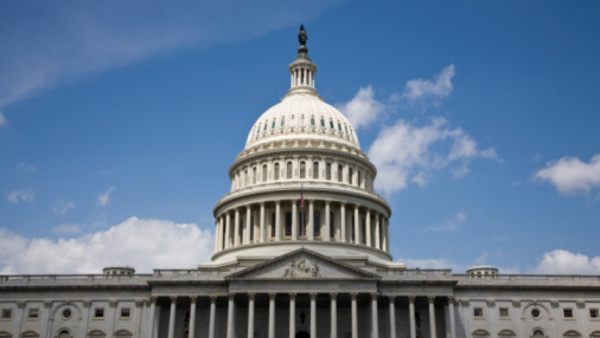
As House Financial Services Chairman Jeb Hensarling (R-Texas) prepares to introduce the latest version of his bill to overhaul the Dodd-Frank Act, credit union trade groups are pushing the chairman to retain or add provisions that benefit their institutions.
“We have previously indicated our support for many provisions of the CHOICE Act; however, certain provisions make it difficult for us to fully endorse the bill,” CUNA President/CEO Jim Nussle said in a recent letter to Hensarling.
“While it is true that there has been a historical consolidation trend in the industry, this trend has accelerated since the passage of the Dodd-Frank Act,” Carrie Hunt, NAFCU’s vice president of governmental affairs and general counsel, said in her letter to Hensarling.
Last week, President Trump issued an executive order directing federal agencies to review regulations governing financial institutions. The order directs the Treasury Department, in consultation with regulatory agencies, including the NCUA and the CFPB, to examine if the federal regulatory regime is effective and spurs economic growth.
Hensarling said that Trump’s goals mirror those contained in the Financial CHOICE Act, which he introduced during the last Congress. Hensarling is working on a revised version of the legislation.
“I’m very pleased that President Trump signed this executive action, which closely mirrors provisions that are found in the Financial CHOICE Act to end Wall Street bailouts, end ‘too big to fail,’ and end top-down regulations that make it harder for our economy to grow and for hardworking Americans to achieve financial independence,” Hensarling said.
Democrats immediately derided Trump’s efforts.
“Dodd-Frank was signed into law to prevent another crisis and another bailout,” House Financial Services Ranking Democrat Maxine Waters (D-Calif.) said. “Its reforms prevent banks from engaging in shady practices that could lead to another crisis, provide for a stable wind down for an institution if it happens to get into trouble, and empowers regulators to keep a close eye on banks so they don’t step out of line.”
As expected, the credit union trade groups want to ensure Hensarling reins in the CFPB, an agency they say has exercised its powers unfairly.
NAFCU wants to ensure that the CFPB be converted from an agency governed by one director into an agency ruled by a five-person board—something that Hensarling’s original bill envisioned.
“Regardless of how qualified one person may be, a commission would allow multiple perspectives and robust discussions of consumer protection issues throughout the decision-making process,” Hunt said.
“The committee should provide additional clarification that the CFPB not only can but should exempt from its rules, less complex community financial institutions that have not engaged in financial abuse,” Nussle wrote.
Hunt said Hensarling should ensure that community financial institutions are exempt from CFPB rules.
Nussle said that Congress should ensure that credit unions and less complex financial institutions be exempt from CFPB rules unless there is a demonstrated need.
Nussle said that financial institutions with assets of $50 billion should be exempt from CFPB rules—up from $10 billion in Dodd-Frank.
In his letter, Nussle said that Hensarling’s bill should eliminate the credit union member business loan cap, or, if not possible, exempt private dwellings of between one and four units from the cap.
NAFCU’s Hunt also called for a lifting of the cap on small apartment houses.
Nussle said that Hensarling should drop his plan to subject the NCUA to the appropriations process, saying that the current funding mechanism is equitable.
CUNA also wants the legislation to include a provision requiring that regulations with an impact of more than $100 million be subject to congressional review.


